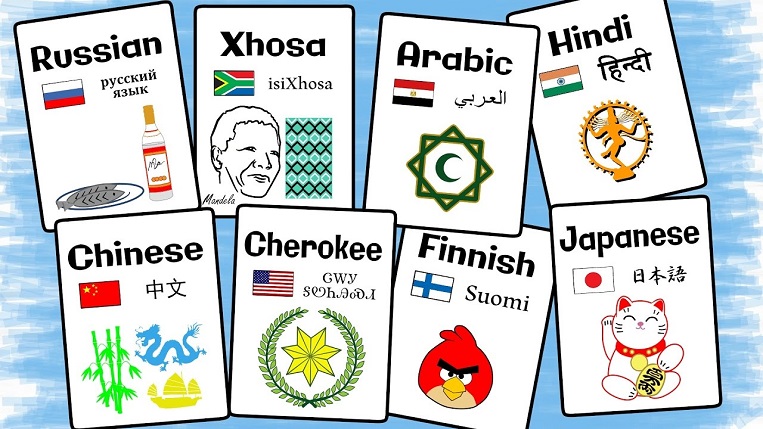In the past, it was thought that English is the hardest language to learn. The truth is, however, that all languages are hard. But, you may be surprised to find that learning Japanese can be extremely challenging. For starters, there are three independent writing systems in Japan. In addition, these systems feature thousands of different letters and characters. Hungarian grammar is even harder to learn, with 26 distinct cases! The best way to learn Hungarian is to study it in the country where the language is spoken.

Another language that can be quite difficult to learn is Japanese. This ancient language uses three writing systems, each with its own set of rules and pronunciation. If you’re an anime fan, you might recognize some of the words. Despite the difficulty, the reward is worth it. This is because the Japanese are known for their high level of culture and respect. But learning Japanese is a lot harder than you might think. If you’re willing to overcome the challenges involved in this difficult process, you’ll have an easier time learning this difficult language.
Another language that is very difficult to learn is Japanese. This is a language that is easy to understand for East Asians. Unlike other languages, Japanese has no plural, and it is a complex sentence structure. Its kanji characters are also very difficult to decipher. In addition, the pronunciation of the language can be tricky, especially if you’re not familiar with it. For this reason, it’s not recommended that you study Japanese in the hope of living in a country where the language is spoken.
Turkish is one of the hardest languages to learn because it’s an agglutinative language, meaning that it relies on prefixes and suffixes to determine meaning. The verbs are extremely long, and they have an uncanny vowel harmony. Because of these traits, Turkish is incredibly difficult to learn without proper guidance. Nevertheless, if you love learning foreign languages, you’ll never regret it.
The hardest language to learn depends on your native language. Some languages are easy to learn because they are relatively similar to English, while others are very difficult because they have complicated vocabulary. The hardest languages are those that have large numbers of speakers. If you’re a native speaker of English, you should focus on Mandarin. If you can’t speak the language, you should try learning another one. It’s worth the effort. If you can’t speak the other language, try not to worry.
For English speakers, Mandarin is the hardest language to learn because it is tonal. It uses many subtle homophones and unique idioms, and requires the study of thousands of characters. This language is difficult for beginners because it’s often taught in schools. This is because Mandarin isn’t as easy as English. If you’re a native, you’ll need to study other languages to become fluent.
Besides the difficulty of Turkish, Arabic is the hardest language to learn. The language is agglutinative, meaning the words are attached to prefixes to denote direction. This makes verbs very long. In addition, there is vowel harmony. While Arabic has an irregular plural, English has a general rule for creating plurals. It also has a very long and complex grammar. A large number of unfamiliar vocabulary words are of Arabic origin.
The hardest language to learn for English speakers is Mandarin. This dialect uses many subtle homophones and idioms. Literacy in Mandarin requires the study of thousands of characters. The most common dialect of Chinese is Cantonese, but it’s still considered the most difficult language to learn for English speakers. Despite these challenges, Chinese language learning is a great way to travel the world and experience a different culture.
Although Japanese is considered one of the most difficult languages to learn, it can also be a great way to learn a new language. It is easy to learn the basics of a new language, but it’s important to practice a lot of different words. The most difficult words are ones that are more complicated to pronounce. Usually, Japanese people stick to a kana-based writing system, and stick to a kanji-based writing system.



